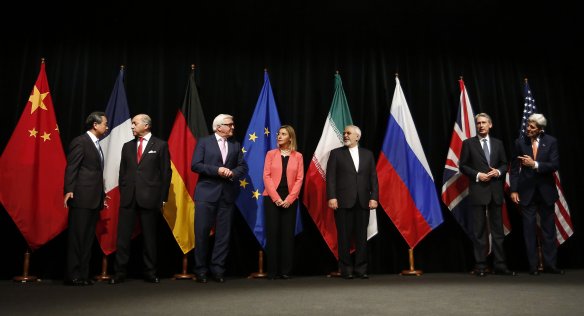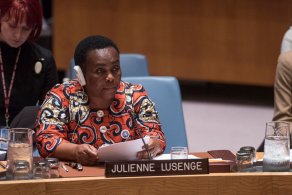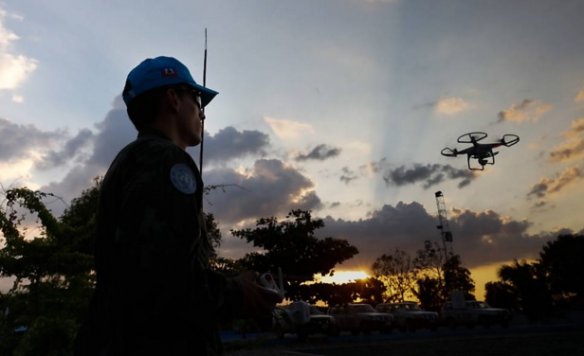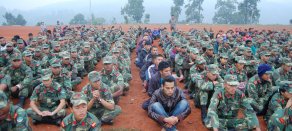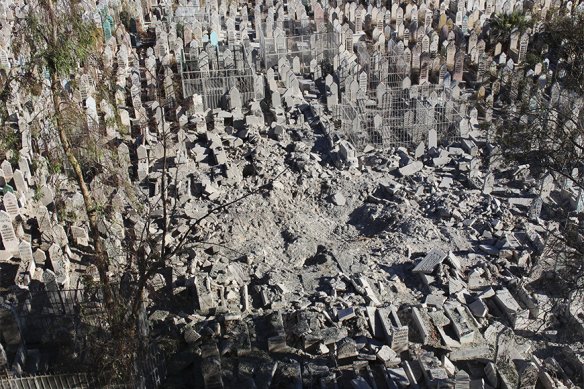
Cemetery in Aleppo hit by bombs.
Just a couple of weeks ago, Aleppo was seen as a crucial battlefield in the Syrian civil war and was compared with Sarajevo as a tragedy of intolerable proportions not only by hard-hitting journalists but also by such responsible politicians as Michael Fallon, UK Defence Secretary. Yet presently, this devastated city is portrayed as the main beneficiary of the ceasefire deal negotiated by US State Secretary John Kerry and Russian Foreign Minister Sergei Lavrov, and announced with due solemnity by President Vladimir Putin. The proposals for enforcing a no-fly zone and for punishing Russia with more sanctions appear to be overtaken by the fortunate turn of events. In fact, however, this idea may turn out to be too soft – and at the same time quite irrelevant for the US policy of containing the Syrian catastrophe. It certainly takes two for this awkward tango, but the partners have very different plans for further pirouettes.

